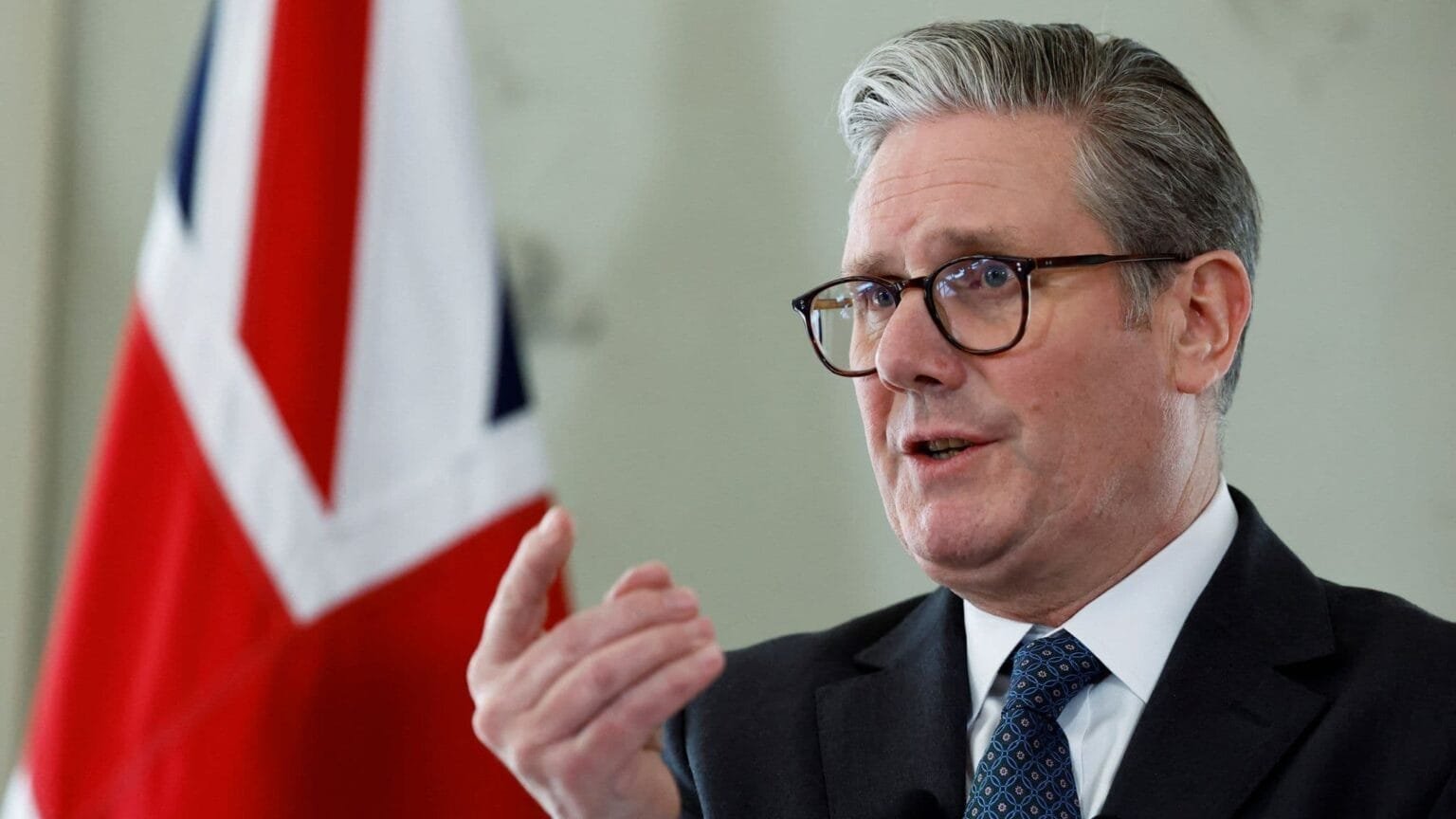British Prime Minister Keir Starmer has called on Israel to immediately reconsider its military strategy in Gaza, warning that the scale and intensity of its ongoing offensive risk further humanitarian catastrophe and long-term regional instability. In his strongest remarks since taking office, Starmer said the United Kingdom supports Israel’s right to self-defense but emphasized that such actions must remain within the boundaries of international law and proportionality.
Speaking to reporters in London, the prime minister expressed deep concern over the rising civilian death toll and the worsening humanitarian conditions across the enclave, particularly in southern Gaza where Israeli ground operations have recently intensified. Starmer urged the Israeli government to halt any planned expansion of the offensive and instead prioritize diplomatic avenues and humanitarian relief efforts. He also reiterated Britain’s support for an immediate ceasefire and sustained international efforts to deliver aid to affected Palestinian populations.
The Labour-led government’s statement reflects mounting pressure from within the UK, including from opposition MPs, civil society groups, and international allies who have questioned the legality and consequences of Israel’s latest actions. Humanitarian agencies operating in Gaza have reported mass displacement, food shortages, and restricted access to medical care as a result of Israel’s military operations.
Israel has defended its campaign as a necessary response to security threats from Hamas and other militant groups operating in Gaza. However, Prime Minister Benjamin Netanyahu’s government has faced growing global criticism amid calls for restraint and accountability.
Starmer’s comments signal a shift in tone from the previous UK administration and align more closely with European leaders who have increasingly called for de-escalation and protection of civilians in the conflict. His office confirmed that the UK is also reviewing arms export licenses to Israel and considering additional diplomatic measures depending on developments on the ground.





